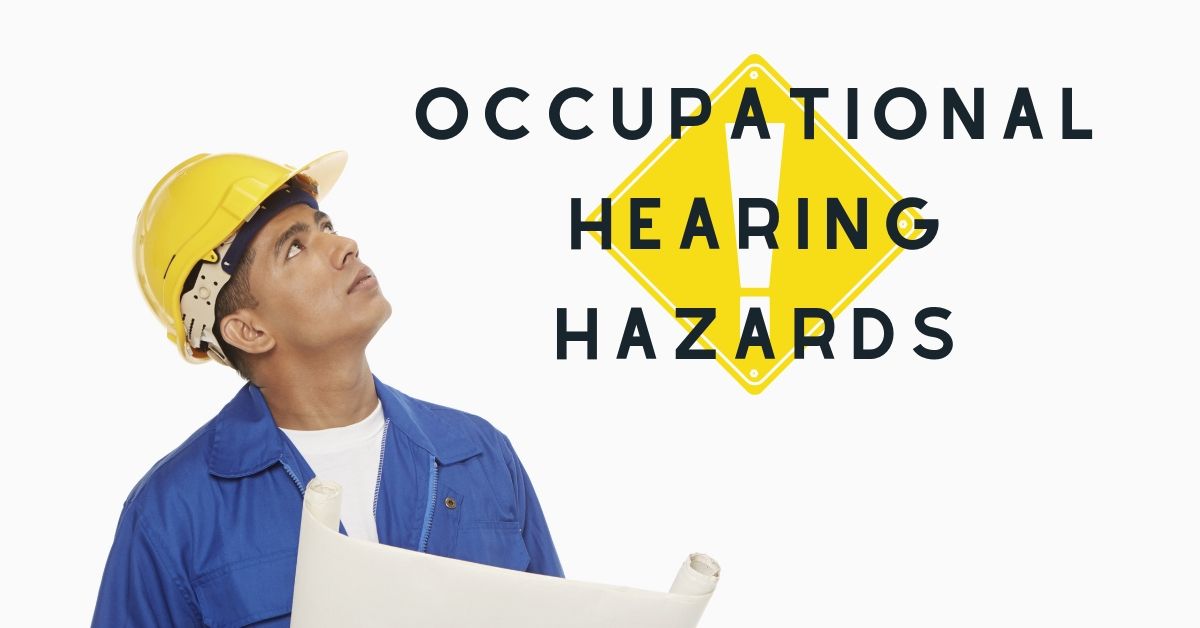

According to the U.S. Department of Veterans Affairs, tinnitus and hearing loss are the number one and number two health conditions that plague military veterans. If you are a veteran or if you are getting ready to go into military service, it is important you get a hearing evaluation at State Hearing and Audiology.
If you are a veteran it is important that you get your hearing loss documented and treated. And if you are getting ready to start a tour of duty, it is important to set a baseline for your hearing and talk to us about hearing protection. Hearing protection is now standard issue and mandatory for all active-duty service members. It is important you wear your hearing protection.
Statistics from the government show in 2017 there were 1.769 million disability compensation claims for tinnitus and 1.16 million requests for compensation due to hearing loss as a result of military service. Gabrielle Saunders, associate director of the National Center for Rehabilitative Auditory Research which is a VA-funded research facility in Oregon, said that number is probably much higher because many veterans with hearing loss don’t use VA services and their hearing issues are undocumented.
Veterans are 30% more likely than nonveterans to have severe hearing impairment, a study done the Centers for Disease Control and Prevention indicates.
Those who served after September 2001 are four times more likely to have hearing issues.
There are also veterans who have normal hearing tests and they still have trouble processing and understanding speech. They have a condition known as auditory processing disorder or center processing disorder (CAPD) and it is due to exposure to explosions.
Military personnel experience can have this disorder due to exposure to blast noise as well as noise exposure from working at airplane hangars. A 2015 study notes 72% of veterans with tinnitus also were diagnosed with anxiety disorder, 60% reported depression and 58% had both conditions. It is important to get treatment for tinnitus linked to military service.
Hearing issues in veterans are so prevalent, the VA is one of the largest purchasers of hearing aids. One in five hearing aids purchased in the United States is bought by the VA. An article in the Washington Post quotes one official as saying, “We treat hearing loss as an inevitable cost of war. It shouldn’t be.” The tinnitus component from military service can be particularly troubling, say officials. The constant ringing in the ears disrupts concentration. It is also known to lead to headaches, mood changes, anxiety, insomnia, vision changes and depression.
Old ear protection compromised communications in the field so many veterans did not wear the protection they were issued. Technological advancements have made it possible to protect hearing and keep the critical lines of communication open.
Traditional earplugs can effectively block hazardous noise from the ear canal, but they also interfere with some speech recognition and block out ow-level combat noise. Newer level-dependent earplugs use a filter that lets in soft noises at full strength, but they block high frequency or impulse noise such as the noise that comes from a flash-bang or an explosion. Flash-bang and explosion noises are at a decibel level considered dangerous and they can cause instantaneous hearing loss.
It is recommended that in some cases, level-dependent earplugs are also used in combination with other devices in aircraft or combat vehicles. Noise-attenuating helmets protect from crash impacts, eye injury and hearing loss and they also help with communication because they are equipped to receive radio transmissions. Technology enhanced helmet designs include active noise-reducing technology to monitor sound energy around the ear and cancel unwanted impulse noise while still keeping full verbal communication capacity.
A contractor who supplied dual-ended Combat Arms Earplugs to the military has agreed to pay $9.1 million in claims to U.S. service members supplied with earplugs that the company knew were defective. The Department of Justice settled with 3M Company and its predecessor company Aero Technologies.
The earplugs the company supplied were found to be too short for proper insertion and they loosened during use. The earplugs were used by service members who deployed to Afghanistan and Iraq between 2003 and 2015.
Unfortunately, there is no cure for tinnitus, but it can be treated. Newer hearing aid models are equipped with the technology to mitigate the ringing or buzzing that is the hallmark of tinnitus. There are also other therapy options that might help. Consult the professionals at State Hearing and Audiology if you have questions.